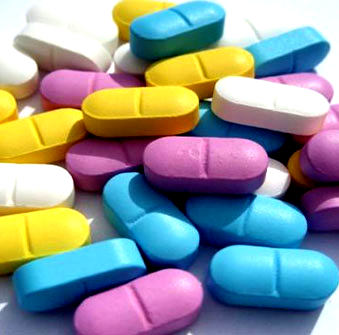Steep rate rise found in kids' anti-psychotics
 A concerning study by the University of Sydney says there has been a steep rise in prescriptions of medications to treat attention deficit disorder, severe depression and psychosis.
A concerning study by the University of Sydney says there has been a steep rise in prescriptions of medications to treat attention deficit disorder, severe depression and psychosis.
The study says prescription of the anti-psychotic drugs has risen as much as 50 per cent in recent years.
The Sydney University study found that the use of Ritalin jumped by 35 per cent nationwide over a four year period ending in 2012.
Anti-depressant medication scripts for children aged between 10 and 14 jumped by more than a third over the same period, while anti-psychotic prescriptions rose by almost 50 per cent as well.
Researchers say it shows that doctors are increasingly willing to treat milder cases, and sometimes may even be treating cases that are not diagnosed mental illnesses at all.
In fact, Australian doctors were already considered quite heavy prescribers of these medications before the recent jump in activity.
While it does no good for children who are genuinely suffering to demonise their medications, some authorities are worried that the increased drug usage in more mild cases has made drugs a first-line treatment option.
In the case of anti-depressants for children, a relaxed attitude to prescription can bring serious side-effects.
Such drugs can have a number of side-effects in children, such as a paradoxical increase in suicidal thoughts and self-harming behaviours.
Anti-depressants can actually precipitate bipolar disorder in children with a prior risk of it, and anti-psychotics are known to lead to obesity and diabetes in adults and children.
The researchers emphatically point out that their study does not seek to vilify the legitimate treatments, and says part of the increase is coming from better diagnostic abilities, but it does suggest there should be renewed caution in prescribing anti-psychotic drugs to children.







 Print
Print